Keratin is a very strong protein, and is the main component of hair, skin, nails and teeth. The amino acids that combine to form keratin possess several unique properties, and depending on the levels of the different amino acids, keratin can be hard or soft.
The majority of the keratin people encounter is dead. The outer layer of skin, the hair and nails are made up of dead cells, which the body replaces by having new ones push them out.
If the dead cells are kept in relatively good condition, they'll serve as an insulating layer to protect the delicate new layer of keratin under them, which has not yet surfaced.
Keratin is difficult to dissolve because it contains cysteine disulfide, which characterizes its ability to form disulfide bonds. These bonds form in a spiral, which is exceptionally strong.
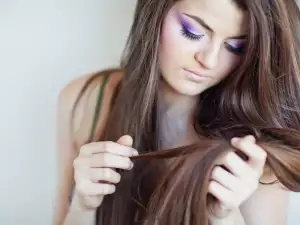
Depending on how much cysteine disulfide the keratin contains, the bond may be incredibly tough and the cells - extremely hard or very soft (so that the keratin is flexible, as it is in hair). Keratin contains high levels of sulfur. When burned it releases a specific smell which many people find repulsive.
Benefits of Keratin
Keratin is made from keratinocytes. These are living cells that make up a large part of hair, skin, nails and other body parts that contain keratin. The cells slowly make their way up but ultimately die and form a protective layer of cells.
The body replaces thousands of these cells every day but the process can be sped up by diseases such as psoriasis. Damage to the outer layer gives an unhealthy appearance to skin, nails and hair.
Our nails and hair are particularly susceptible to dryness and brittleness because the dead keratin cells are pushed out into long strands. By consuming the right foods, such as gelatin, and retaining the moisture in hair and nails, they can grow and still be healthy.
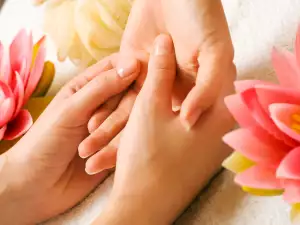
Usually, the thicken the keratin layer, the stronger the hair and nails because the dead cells in the outer layer shield the living cells found on the inside.
Keeping the outer keratin layer hydrated also keeps hair and nails strong and prevents frizz and breaks. Thanks to the presence of sulfur, keratin also has an excellent influence on skin, by reducing inflammation.
Keratin in Cosmetics
Because of everything listed thus far, it's no wonder that keratin is widely used in cosmetic products. It's used in cosmetics to improve skin elasticity and protect against the negative effects from the surrounding environment. The inner layer of each hair strand is composed of specific elongated cells, which are responsible for its strength.
If hair is damaged in one way or another - improper combing, stylizing, dyeing, exposure to strong sunlight etc., these delicate cells lose their toughness. As a result, the hair becomes too fragile and tends to be at a high risk of frizzy ends.
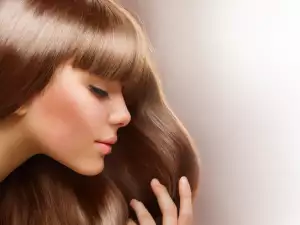
Many beauty products and salons now offer total rejuvenation with keratin. Some products even contain liquid silk components which make fragile hair shiny and beautiful. Nourishing oils are a barrier against frizzy ends and ensure tenacity to long hair.
Keratin for hair seeps deep into the hair's structure, nourishes and fills in porous areas. The nourishing effect is achieved by hydrolyzed keratin, which restores even severely damaged hair.
Shampoo with keratin is suitable for every type of hair. It decreases frizz, restores the healthy and beautiful appearance of hair, provides softness and shine.
Keratin is also used in cosmetic products for nails. Nail balsams with keratin guarantee very quick restoration of the delicate nail plate. It's appropriate for brittle, splitting and thin nails, which have been damaged from various other treatments.
The balsam gives nails a gentle shine, prevents brittleness and splitting.
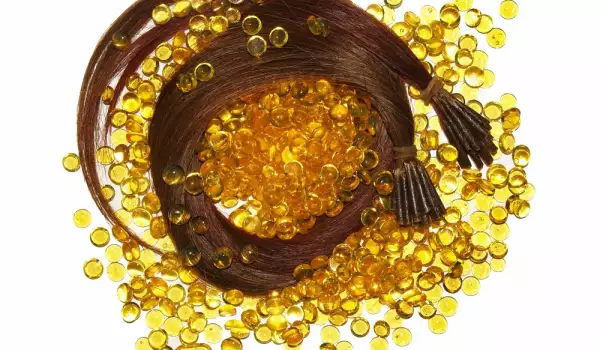
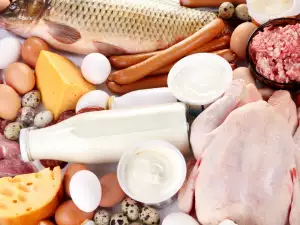
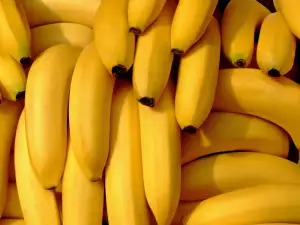
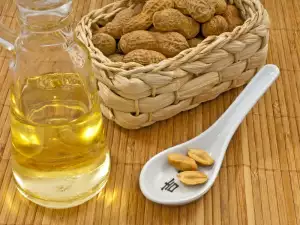
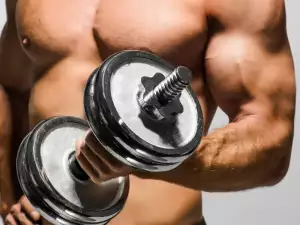
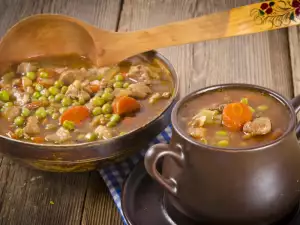
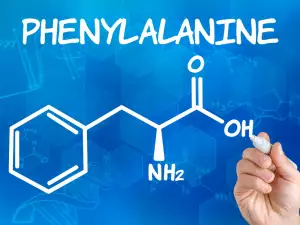
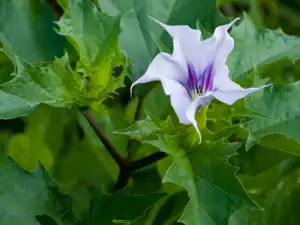
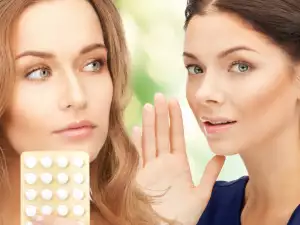
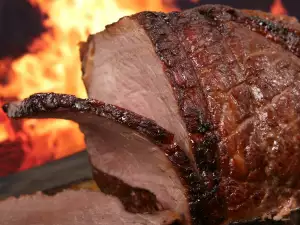
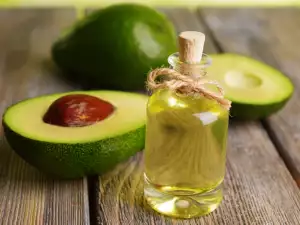
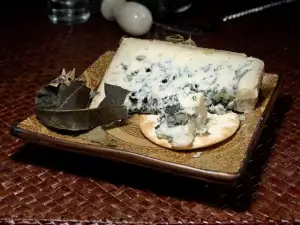
Comments